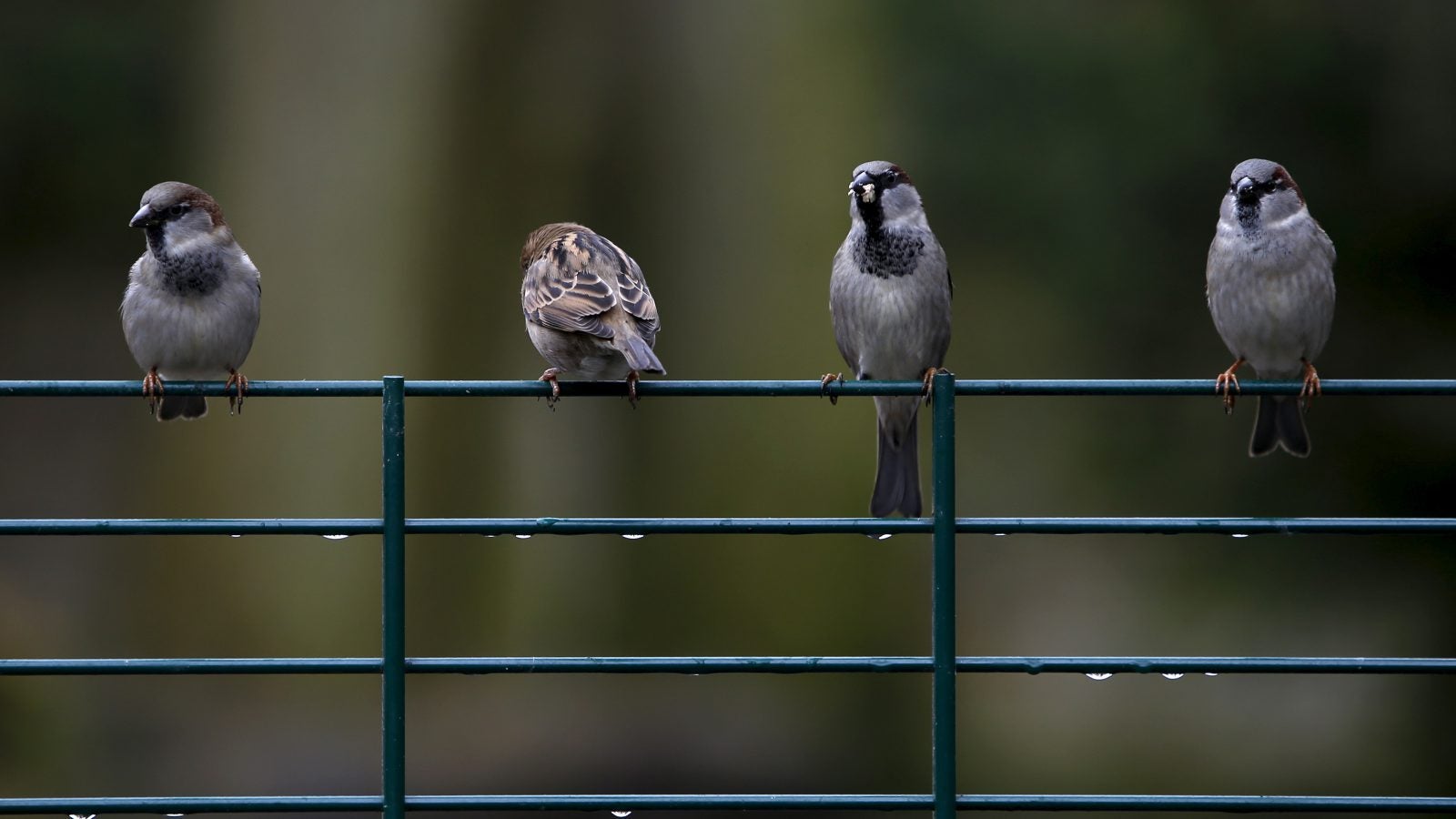Like people, birds that live in the city are louder, meaner, and more stressed out than their country cousins
Living in the city will change you sooner or later. You often get louder, ruder, and use slang that outsiders don’t understand. And this doesn’t just apply to people—these classic symptoms of urban living can also be seen in birds.


Living in the city will change you sooner or later. You often get louder, ruder, and use slang that outsiders don’t understand. And this doesn’t just apply to people—these classic symptoms of urban living can also be seen in birds.
A study published last week in the Royal Society Open Science journal found that city birds start singing earlier than those in the countryside. Researchers looked at rufous-collared sparrows in Bogota, Colombia, and observed that these little orange-collared birds start tweeting earlier in the day, not because of light pollution, but to avoid noise from the traffic. Like every city resident, the birds have learned that you need to start your day early if you want to avoid the rush hour.
Once the commotion of the city really gets going, it takes more effort to make yourself heard. Previous research has shown that city-dwelling species like blackbirds, great tits, and nightingales crank up their volume when they settle in cities. They also alter their songs, making them faster or slower to stand out amid the din of the metropolis and adjust to the unique acoustic properties of buildings and other urban obstacles. In some cases, rural birds may not be able to make sense of what their big-city cousins are chirping about.
Rural birds may also find their city cousins rather rude. In crowded places, things can get physical. Last year, researchers found that urban song sparrows are more aggressive because, although there is more food in cities, it is often more work to claim it and keep it away from competitors.
All this hustling makes city birds, like its people, street smart. In a recent study, bullfinches living in cities in Barbados outwitted their country cousins in cognitive tests, by acting more boldly and creatively when presented with unfamiliar or difficult-to-reach sources of food.
And yet, city birds can’t have it all. They might be louder, tougher, and even smarter, but they also die younger than their rural counterparts. Birds born and raised in the city have to cope with a lot of stress—Swedish researchers found that the cells of great tits that grew up in an urban environment aged faster than their country cousins.